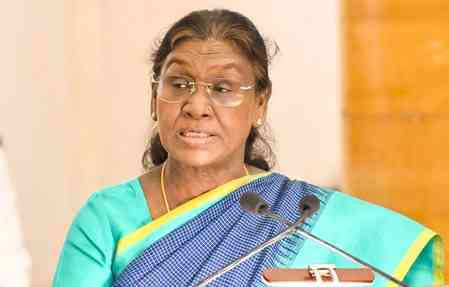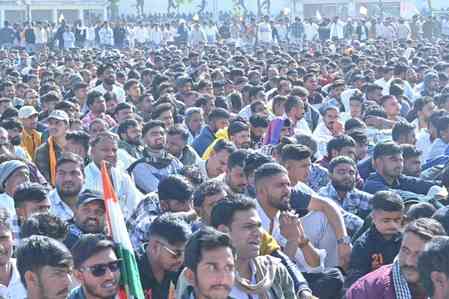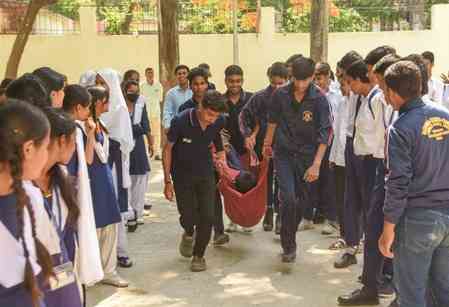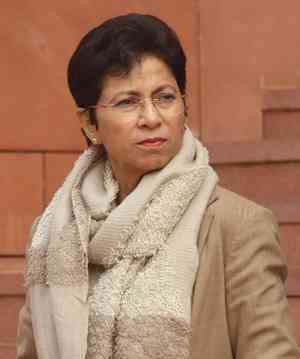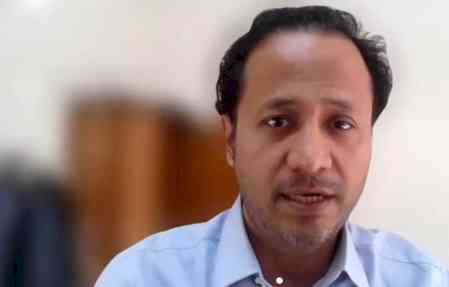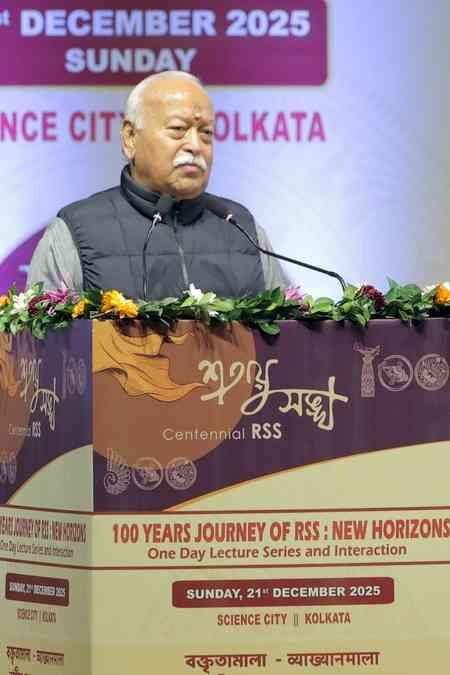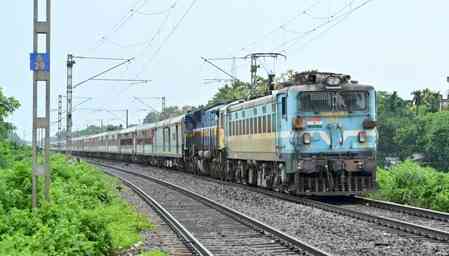With monsoon rains returns confusion over dengue death toll in WB
With the advent of the monsoon this year the annual confusion over the number of dengue- affected people and deaths in West Bengal has returned. So has returned the political slugfest over allegations against the state government of suppressing the figures of those affected on this count and the counter- allegations against the opposition of creating panic among the people by bloating the numbers.
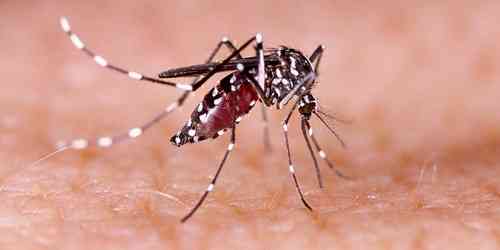
Sumanta Ray Chaudhuri
Kolkata, Aug 6 (IANS) With the advent of the monsoon this year the annual confusion over the number of dengue- affected people and deaths in West Bengal has returned. So has returned the political slugfest over allegations against the state government of suppressing the figures of those affected on this count and the counter- allegations against the opposition of creating panic among the people by bloating the numbers.
This monsoon too the picture has not changed. Rather the slugfest this time has taken a new dimension with the topmost leaders of the ruling and opposition forces -- chief minister Mamata Banerjee and the leader of the opposition in the West Bengal assembly Suvendu Adhikari -- having entered the debate on this issue.
Last week the chief minister said in the assembly that the total number of dengue-affected people in the state at the end of July was 4,401 with the total deaths standing at eight. However, since her statement two more deaths have been added to the official figures taking the toll to 10 within a span of less than a month.
However, the leader of the opposition had claimed that the official figures do not reveal the true picture since often the doctors in the state- run hospitals are forced to describe the dengue deaths as “deaths due to unknown fever,” Adhikari claimed that actually it has crossed the century mark and the state government is suppressing the actual figure.
The BJP’s legislative team also tried to move an adjournment motion in the assembly demanding a discussion on the dengue issue, which was rejected by Speaker Biman Banerjee. The BJP staged a walkout in protest.
Adhikari also alleged that besides understating the figures of the deaths and affected people, the government is also trying to suppress facts and not arranging enough tests for people coming to the hospitals with dengue symptoms.
However, the chief minister refuted these charges and claimed that in a single week there had been as many as 23,832 tests. She also claimed that the delay in the formation of the newly elected panchayats is hampering the process.
Backing her, deputy chief whip in the assembly Tapas Roy claimed that while the chief minister is quoting substantiated figures based on the reports of the state government, the leader of the opposition was quoting unsubstantiated and imaginary figures.
The medical fraternity in the state believes that such suppression of figures and the politics over it will lead nowhere since joint administrative initiatives coupled with increased awareness are the only solutions to check the dengue menace.
They also say that the actual figures of the affected people and the deaths should be revealed to create awareness among the people of the danger of the spread of dengue. According to them, often the suppressed figures make the common people careless about the danger of dengue.
At the same time proper infrastructure should be created in all the hospitals, with the emphasis on state- run hospitals, for conducting maximum tests to detect the actual number of affected people, they said.
They reminded that the people too have some responsibility to check the spread of dengue.
“Often the people allow accumulation of water in water pots, buckets and flower tubs in and around their houses. This is evident not just in case of slums, but is also rampant in high-rise buildings. The people must understand that the first steps to arrest the spread of dengue should be taken by them,” said city-based medical administrator Deepak Sarkar.
Secondly, in case of the symptoms becoming evident, the common people should not experiment with their assumed knowledge of medicine and instead approach the nearest hospital for tests.


 IANS
IANS 
